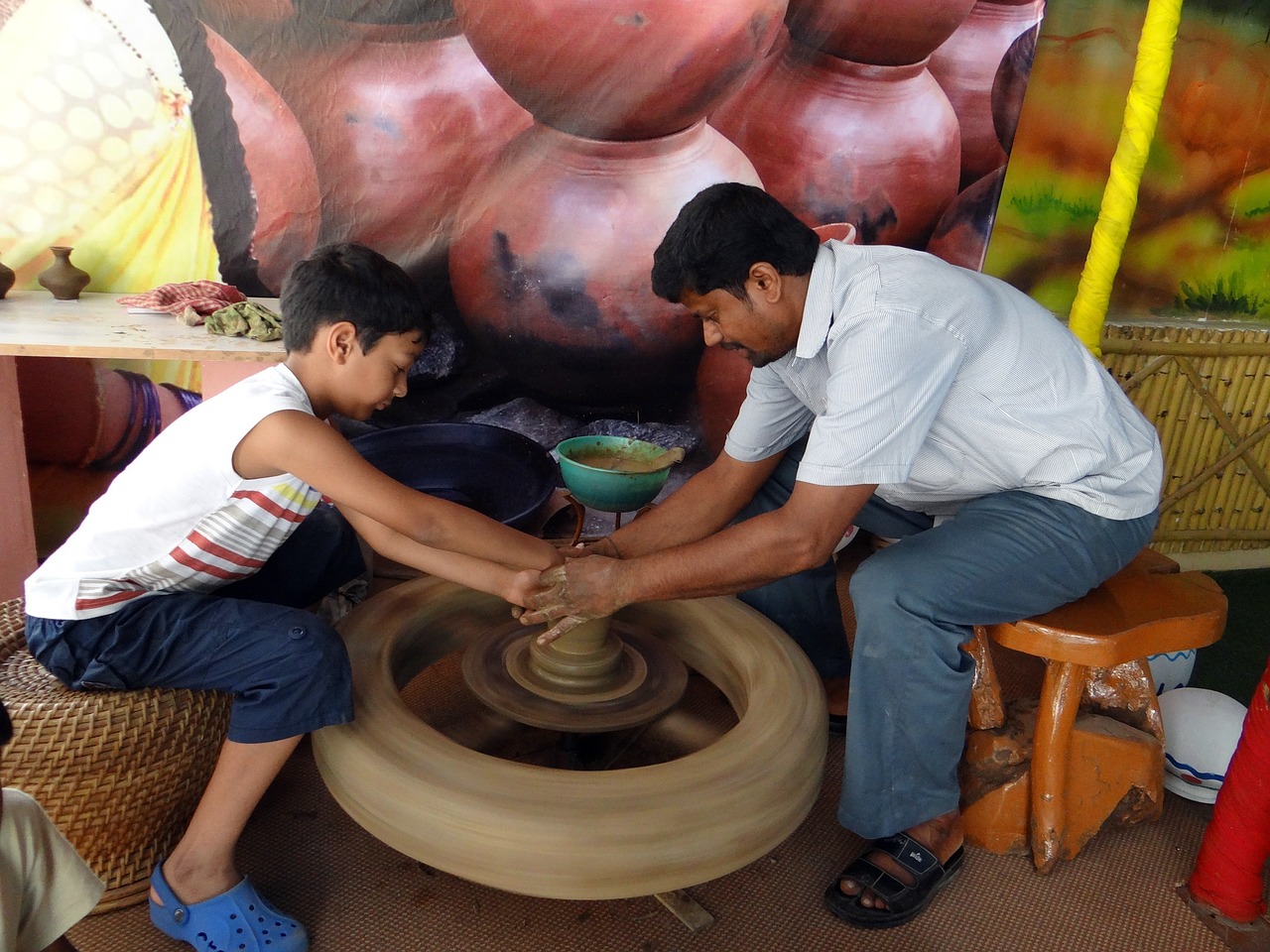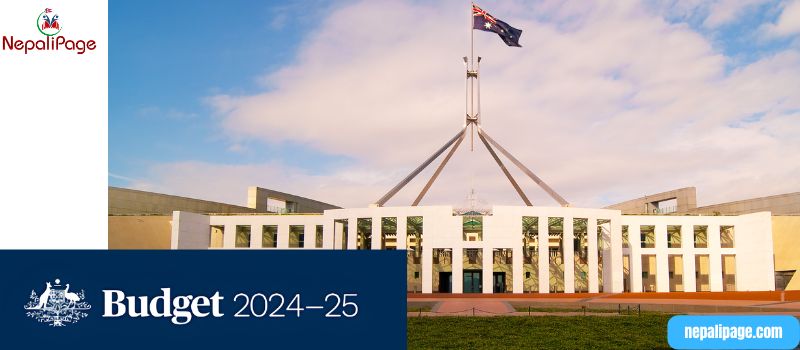Many Nepalese in Australia experience hard to get white white collar job despite holding an university degree.
Australian job market promises wide career opportunities yet finding a job in Australia for non-English speaking nationals(like Nepalese in Australia), it’s a bit tough. Despite having required qualifications and expertise in your field you might be disqualified. Because employers are not only looking for skilled employees but ones having a good personality, healthy work ethic and capable of taking risks. Getting a job in the interest of your field is elusive for migrants in Australia as there are many factors involved. Here we present you those factors that make foreigners hard to find a job in Australia:
1. Poor English Proficiency
 Non-English speaking migrants face difficulties to get a job due to the language problem. To adjust in the Australian environment you have to be proficient in English. If you can communicate in English with fluency your chance of landing on a good job is high. So don’t forget to mention about your IELTS score in your job applications to prove you are competent in English speaking.
Non-English speaking migrants face difficulties to get a job due to the language problem. To adjust in the Australian environment you have to be proficient in English. If you can communicate in English with fluency your chance of landing on a good job is high. So don’t forget to mention about your IELTS score in your job applications to prove you are competent in English speaking.
Read Also: Hot Jobs In IT Sector in Australia
2. Lack of skills and experience
 It is important you have relevant skills and work experience a particular job requires. Otherwise, you end up working in restaurants and other businesses where fluency in English and work experience is not required at all.
It is important you have relevant skills and work experience a particular job requires. Otherwise, you end up working in restaurants and other businesses where fluency in English and work experience is not required at all.
3. Work Culture Deficiency
 To get a job you are seeking for you need to be familiar with Australian workplace culture. You can talk about it with other Nepali migrants who are working there or who have worked there before. Likewise, to get the job who wanted to, you can use your networking. A large number of Nepalese are employed in good institutions. You can also use social networking sites to develop job search networking. Strong networking and contacts can get you on the right path in your job search.
To get a job you are seeking for you need to be familiar with Australian workplace culture. You can talk about it with other Nepali migrants who are working there or who have worked there before. Likewise, to get the job who wanted to, you can use your networking. A large number of Nepalese are employed in good institutions. You can also use social networking sites to develop job search networking. Strong networking and contacts can get you on the right path in your job search.
Read Also: Education Sector Job Opportunities in Australia
4. Inherit Discrimination
 There is a high degree of work discrimination regarding race, color and accent (there are lots of cases with Nepalese in Australia). People having weird names might not even get the chance to get interviewed. To get to the interviewing table, people often change their names. If they adopt a more Anglo-sounding name on their job applications they are likely to secure their seats for an interview.
There is a high degree of work discrimination regarding race, color and accent (there are lots of cases with Nepalese in Australia). People having weird names might not even get the chance to get interviewed. To get to the interviewing table, people often change their names. If they adopt a more Anglo-sounding name on their job applications they are likely to secure their seats for an interview.











